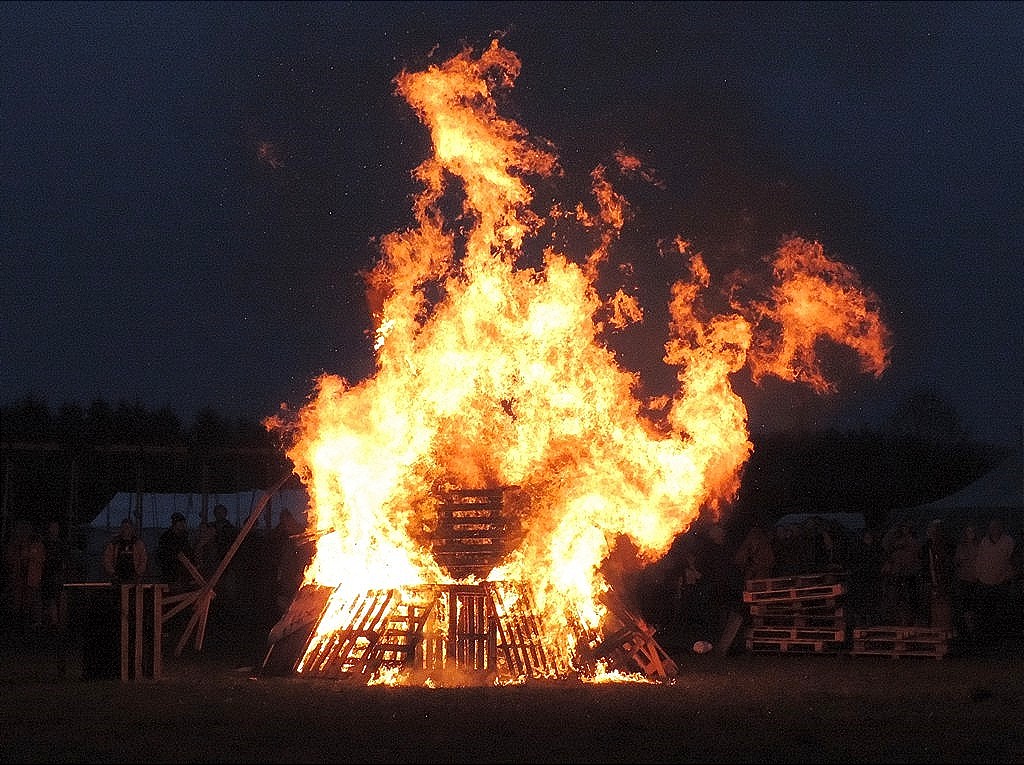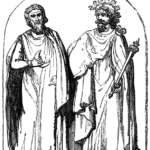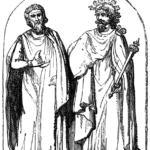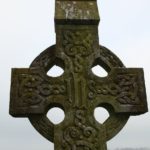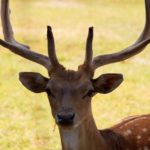Days of worship in the Celtic belief are not based upon particular days and do not use a traditional calendar as a guide. They are instead based on phases of the moon and the natural calendar. The regular days of worship are during the new moon and full moon. At these times followers attempt to achieve the balance of the elements within themselves through meditation and thinking about current issues and challenges in their lives. While there is no requirement about where to meditate or worship at; ideally it will permit people to gather all four elements together and have little outside disruption.
The Traditional Location
The traditional location will be outdoors by a river, lake or ocean where a fire can be lit. There may be a large gathering for everyone, a small get-together for a few people, or a family, or just one person praying alone; whatever is most comfortable at that time. Indoor meetings can and are conducted when required but it can be difficult to involve all the elements; due to the danger of open flames candles are usually used, windows should be opened and if possible flowing water should be present (but any water will do). Where ever the meeting is conducted; if several people are involved then all are permitted to speak and ask for guidance and all can give suggestions to everyone else. For a large gathering, an Elder is appointed to help control the flow of the meeting and ensure that no one is permitted to dominate the gathering.
Conducting Lessons
Lessons are conducted at the beginning of the meeting and general questions about beliefs are answered. Lessons are conducted by anyone within the group and can be on any aspect of life. Everyone who wishes to can address questions to the group about belief or the subject of the evening’s lessons. The Elder, while present, does not take traditional priests controlling role; instead, they merely guide the flow of the meeting and prevent anyone from being left out. This beginning segment can take from a few minutes to over an hour depending on circumstances. If the lessons and questions are running long it is the Elder’s decision of how to proceed. Some options include separating those with questions (and usually any children) from the rest and allowing the lessons to continue as needed; if there is a demand for it an extra meeting day is often scheduled. Elders should also be available for private meetings and questions outside of the group, for those who have a need and are uncomfortable discussing it in public.
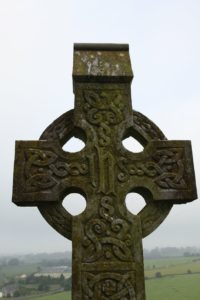 After lessons, anyone who would like to speak is welcomed and encouraged to do so. These speakers may be asking the group for guidance, speaking about topics that are important to them or passing on information related to the group. Everyone should be encouraged to participate and no one should feel put down by the others. If a subject will not be appropriate for everyone involved (children or issues of a very personal nature) then the group can be divided or an Elder approached separately. While everyone who desires to should be encouraged to speak priority should be given to those seeking the group’s advice.
After lessons, anyone who would like to speak is welcomed and encouraged to do so. These speakers may be asking the group for guidance, speaking about topics that are important to them or passing on information related to the group. Everyone should be encouraged to participate and no one should feel put down by the others. If a subject will not be appropriate for everyone involved (children or issues of a very personal nature) then the group can be divided or an Elder approached separately. While everyone who desires to should be encouraged to speak priority should be given to those seeking the group’s advice.
Meditation
The final portion of the meeting is for personal meditation. This is when followers concentrate on themselves and try to find balance in their own life. This section can take just a few minutes or all night, dependent upon each individual. For this reason, the meeting “officially” ends after the speaking section and everyone can take the time they need without feeling rushed by others.

